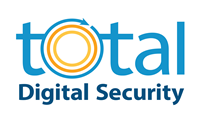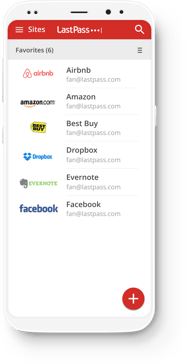
March Letter
Hi there,
In February we saw a massive increase in spyware on Macs. In fact, in the last four weeks alone, we blocked over 3,000 attempts to snoop the Apple computers and laptops we protect for clients.
 Most of the activity we are seeing is classified as spyware, or adware, and is defined as "potentially unwanted programs," or PUPs. These versions of malware are not technically considered malicious viruses, and while perhaps not illegal, still;
Most of the activity we are seeing is classified as spyware, or adware, and is defined as "potentially unwanted programs," or PUPs. These versions of malware are not technically considered malicious viruses, and while perhaps not illegal, still;
"The practice is widely considered unethical because it violates the security interests of users without their informed consent." Wikipedia
The perpetrators usually find their way in through your browser with a Trojan using "free" apps and extensions. Their sole purpose is to record your personal information and online activities to sell to 3rd parties.
While not officially classified as malicious, the malware still;
"... can compromise privacy or weaken the computer's security." Wikipedia. Click for more.
 Please be sure your Apple iMacs, Mac Pros, and MacBooks are all protected and using the latest version of F-Secure, which is 17.5. More on how to do that in the first tile below.
Please be sure your Apple iMacs, Mac Pros, and MacBooks are all protected and using the latest version of F-Secure, which is 17.5. More on how to do that in the first tile below.
Use a Password Manager!
In February we added a new recommended product to our list; a best-in-class password manager.
 Passwords are the keys to your digital kingdom, and now over 2 billion stolen passwords and emails are readily available to anyone online. More on that story from Consumer Reports in the fourth tile below.
Passwords are the keys to your digital kingdom, and now over 2 billion stolen passwords and emails are readily available to anyone online. More on that story from Consumer Reports in the fourth tile below.
It's time to get your house in order with passwords and there is not a better way to start than with the free version of our top recommendation; LastPass.
 Get LastPass for yourself, your family, your professional practice or your business from the second tile below. And just below that, in the third tile, "How to Make a Great Password" for a guide to creating your master password.
Get LastPass for yourself, your family, your professional practice or your business from the second tile below. And just below that, in the third tile, "How to Make a Great Password" for a guide to creating your master password.
Email Hijacking Campaign
In response to widespread email hacking campaigns, the Department of Homeland Security issued its first ever Emergency Directive on February 24th:
"... directing Federal civilian agencies to take a series of immediate actions." You can read the directive in the fifth tile below.
 Bottom-line for our Private Email customers; no worries, you're good. We started to take the measures the DHS suggests for your email domains back in December 2018, as reported to you in our January Letter (your can reference that here, in the section called New Security Enhancements for Customers.)
Bottom-line for our Private Email customers; no worries, you're good. We started to take the measures the DHS suggests for your email domains back in December 2018, as reported to you in our January Letter (your can reference that here, in the section called New Security Enhancements for Customers.)
We Can Help
If you would like us to review any of these issues with you personally, please call on us.
Just contact us here;

Or, respond to this email and we'll get you the help you need.
Thanks for reading,

Brad Deflin
Click to view online